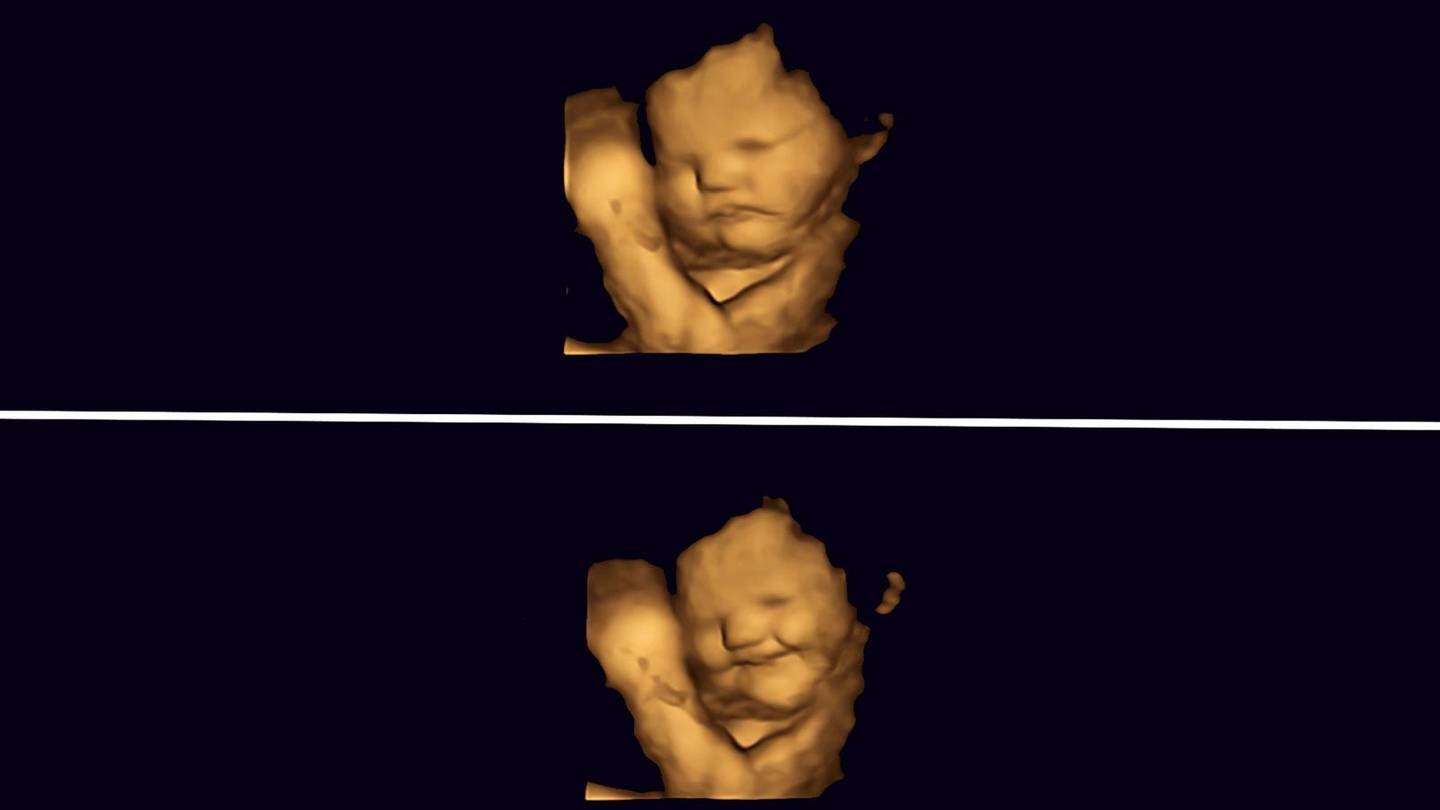
A new study has suggested that unborn babies react positively when their mothers eat carrots, but appear distressed when they have eaten green vegetables, reports Sky News.
Durham University researchers took 4D ultrasounds of 100 pregnant women at 32 and 36 weeks, captured 20 minutes after taking tablets filled with either kale or carrot powder.
Babies whose mothers had consumed carrot tablets seemed to be smiling shortly afterwards.
But ultrasounds of those who had taken the kale tablets seemed to show their babies making "crying faces".
Comparing them to a control group of women who hadn't taken anything, researchers concluded that exposure to a small amount of flavour could have stimulated such a reaction.
Published in the journal Psychological Science, this is the first study to examine how unborn babies react to smell and taste - as it's believed they can taste their mother's food by swallowing or inhaling the womb's amniotic fluid.

Postgraduate student Beyza Ustun, who led the study, said it was "amazing" to see the babies' reactions to the different flavours during the scans.
And research co-author Professor Jackie Blissett, of Aston University, pointed out that prenatal flavour exposure could lead to taste preferences later in life.
"In other words, exposing the fetus to less 'liked' flavours, such as kale, might mean they get used to those flavours in utero.
"The next step is to examine whether fetuses show less 'negative' responses to these flavours over time, resulting in greater acceptance of those flavours when babies first taste them outside of the womb."












